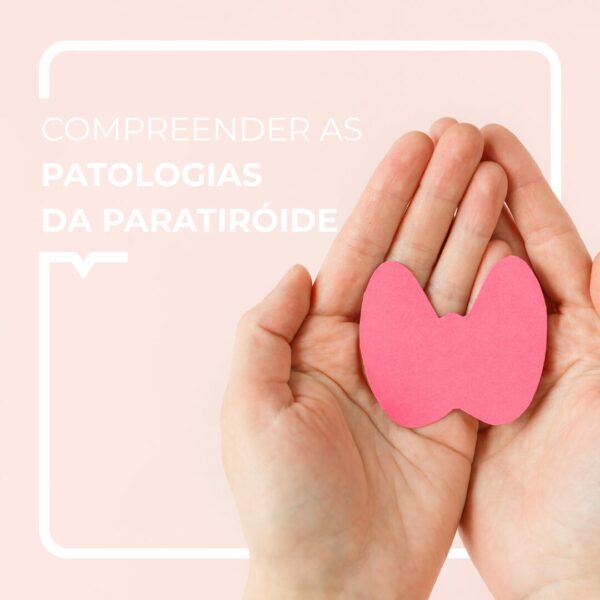Olá, fala a Dra. Joy!
A sua adolescente passa horas em frente ao espelho a olhar para a sua nova silhueta. E muitas vezes esconde-as debaixo de uma camisola XXL. É frequentemente nesta altura da vida que surgem os transtornos alimentares.
Hoje vamos falar de transtorno de compulsão alimentar, como reconhecê-los e como preveni-los.
Vamos!
O que é um transtorno de compulsão alimentar?
Um transtorno de compulsão alimentar (TCA) é definido como uma perturbação grave do comportamento alimentar que pode ter repercussões negativas na saúde física e mental de um indivíduo.
Existem 3 tipos principais de TCA:
- Anorexia: Obsessão com a perda de peso. Restrições permanentes. Perceção distorcida do corpo (=dismorfofobia). Afeta 90% das mulheres e pensa-se que afeta 0,3% a 1% das jovens com idades compreendidas entre os 12 e os 18 anos.
- Bulimia: Crises repetidas de compulsão alimentar seguidas de sentimentos de culpa e de tentativas de controlo do peso (vómitos, atividade física excessiva).
Estima-se que 1 a 3% das mulheres sofrem de bulimia em algum momento das suas vidas.
- Hiperfagia bulímica: A compulsão alimentar sem técnicas de controlo do peso leva a um aumento de peso muitas vezes desagradável. Ao longo da vida, 3,5 das mulhres e 2% dos homens são afetados.
Existem outros transtornos alimentares (pica, alimentação seletiva, etc…)
Estas perturbações surgem frequentemente na adolescência, entre os 14 e os 18 anos. Mas sabia que os primeiros sintomas podem surgir logo a partir dos 6 anos? Também podem surgir na idade adulta.
Os riscos associados aos TCA
Os transtornos alimentares podem ter consequências graves para a saúde.
Estas incluem:
- No caso da anorexia: magreza extrema, perda de massa muscular, paragem do ciclo menstrual, queda da tensão arterial, perturbações do ritmo cardíaco, coma ou morte nos casos mais graves.
- No caso da bulimia e da hiperfagia: aumento de peso ou mesmo obesidade, problemas dentários, glândulas salivares inchadas, problemas digestivos, problemas cardíacos, etc.
Trata-se de uma doença muito grave.
Reconhecer os TCA
Há uma série de sintomas que podem indicar que um ente querido sofre de TCA:
- Perda de peso significativa ou alteração de peso
- Atividade física excessiva
- Saltar refeições
- Controlo de calorias e quantidade e rejeição de certos alimentos
- Isolamento
- Deformação da imagem corporal
- Bulimia = marcas nas mãos (escoriações) que mostram vómitos repetidos (conhecido como sinal de Russell) e idas apressadas à casa de banho.
Se notar vários destes sintomas numa pessoa, não hesite em falar com ela.
Como tratar e prevenir os transtornos alimentares
Se pensa que alguém próximo de si sofre de um distúrbio alimentar, seja paciente e tente compreender: a recuperação leva tempo.
Dependendo da gravidade da situação, o doente deve procurar ajuda junto de uma equipa médica qualificada, incluindo um médico de clínica geral, um psicólogo ou um psiquiatra.
O trabalho sobre a auto-confiança e a autoestima pode também ser complementado por ferramentas como a EFT, EMDR ou hipnose.
É difícil prevenir uma perturbação alimentar, mas aqui ficam algumas dicas para ter mais hipóteses de sucesso :
- Incentivar a adoção de uma dieta saudável e variada desde tenra idade
- Fazer da alimentação uma experiência de convívio e não uma provação
- Incentivar a autoestima e a imagem corporal, fazer elogios
Se tiver dúvidas ou precisar de falar sobre o assunto, não hesite em marcar uma consulta com um nutricionista, psicólogo ou psiquiatra.
Beijinhos.
Esta informação não substitui o aconselhamento médico.
Deve procurar o conselho do seu médico ou de outro profissional de saúde qualificado para quaisquer questões que possa ter relativamente ao seu estado de saúde.
Fontes:



